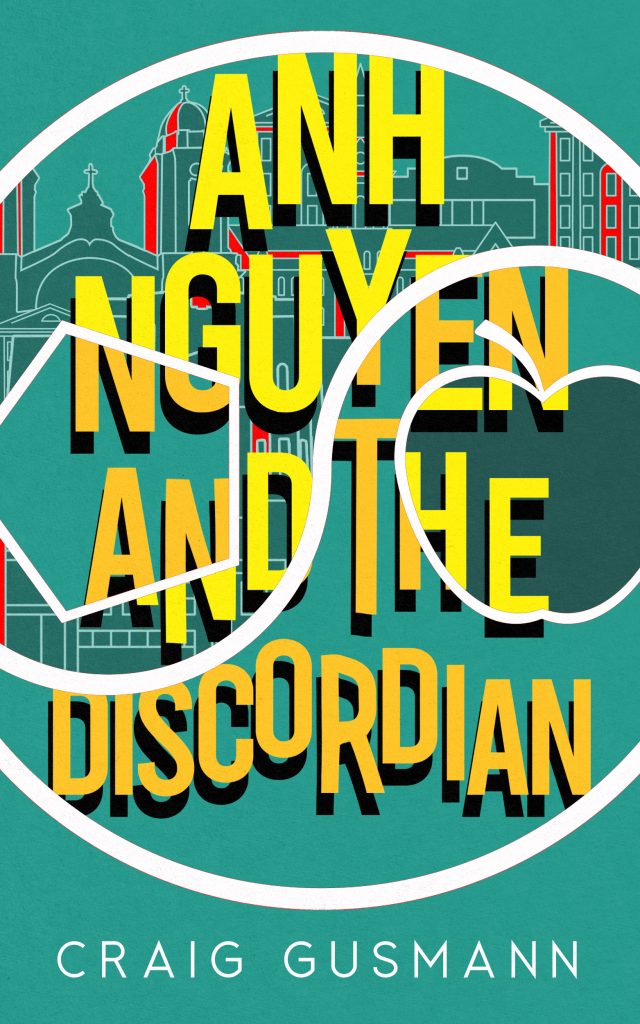
On the night of his bachelor party, disaffected Anh Nguyen is ensnared by wild child Amy Hess with the promise of a capital-A “Adventure.” Anh ditches his groomsmen to wander Buffalo, NY, with Amy and quickly finds that the adventure she promised is really a city-wide attempt at disrupting the aspects of society that hold the most control over us–education, community, military, politics, and religion–and is driven by her own mysterious belief in Eris, the Goddess of Chaos.
The nature of Amy’s mission forces Anh to question everything he knows about society, religion, and the trajectory of his life. As Amy introduces chaos everywhere she goes, Anh struggles to reconcile who he is with who he wants to be.
From childhood a man is stalked by a creature that tells him the secrets of those he loves. A man’s dream is a woman’s nightmare until she turns the tables. The captain of a generation ship uses its resources to clone the wife he left behind. A woman on her deathbed negotiates a deal with an Angel for three more days to make amends with her estranged son. A teenager runs over a family dog and is haunted by the memory–and the dog.
This eclectic collection guides readers from the darkness of a moonlit highway to a field under the warm light of a late summer sunset. Through these 18 stories and 7 poems you will feel emotions that spill out in great waves of yelling, crying, and laughing and be reminded that sometimes the best way out is through.

